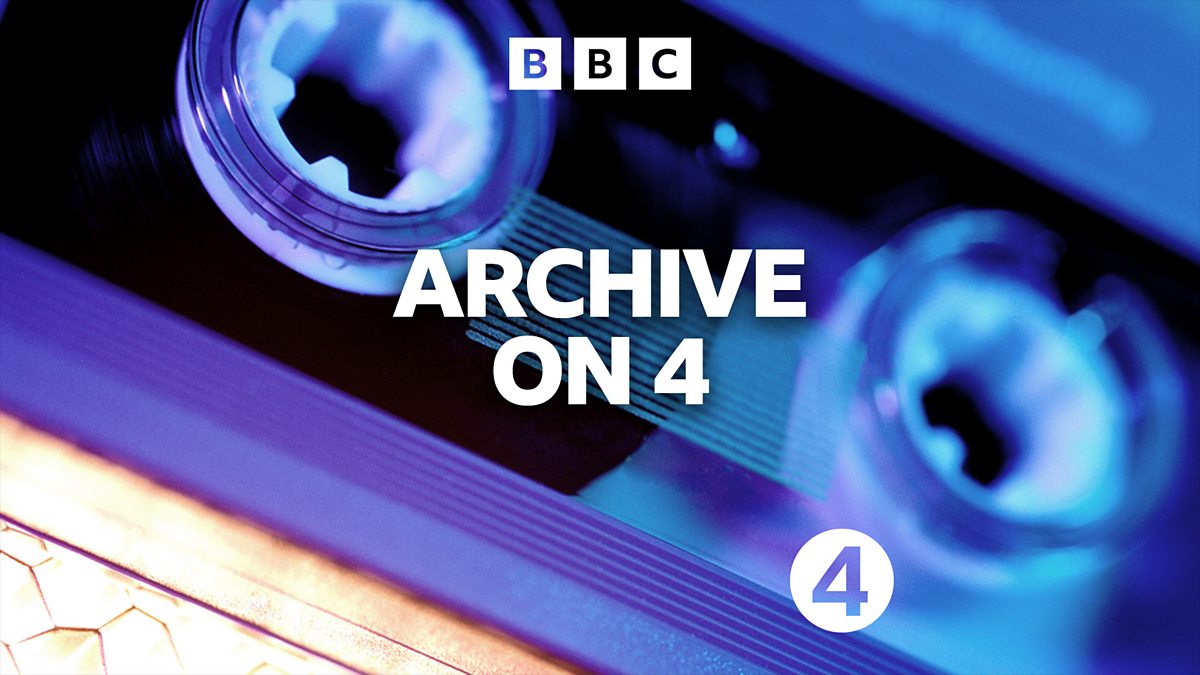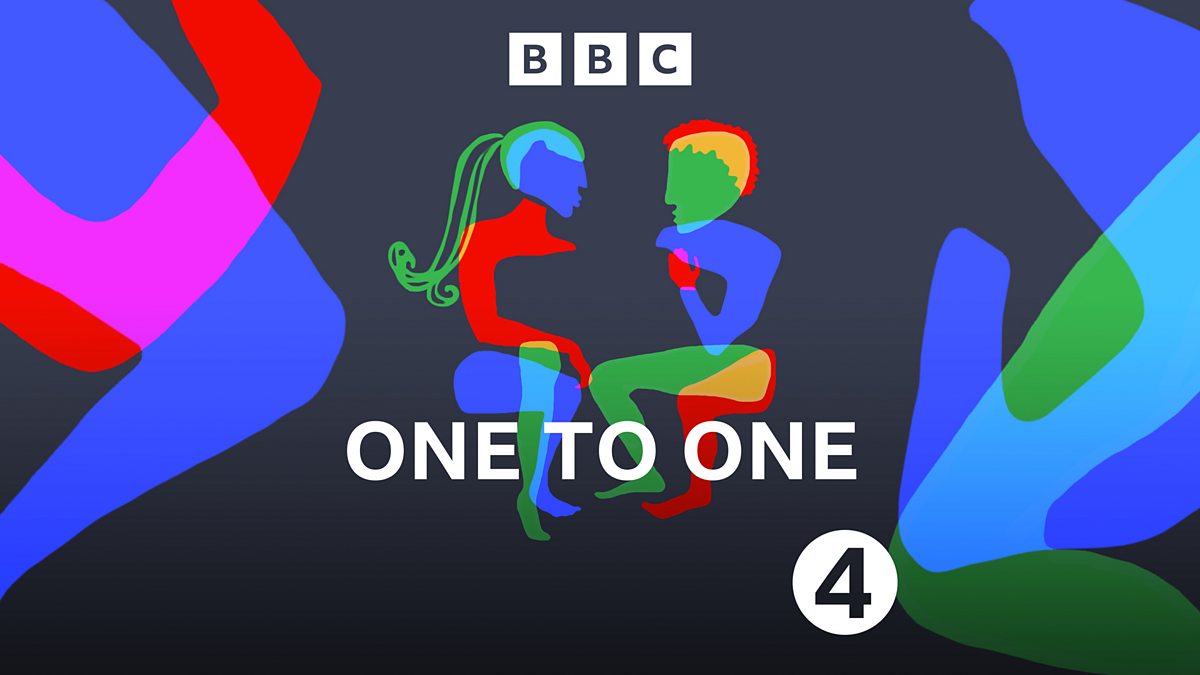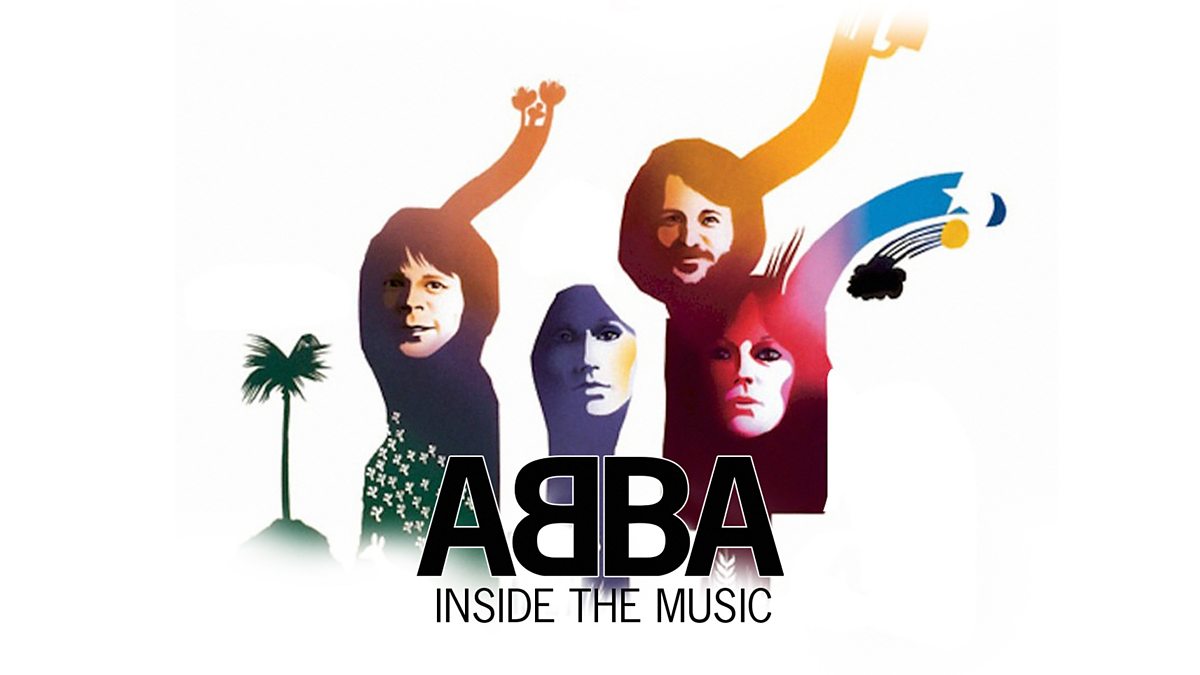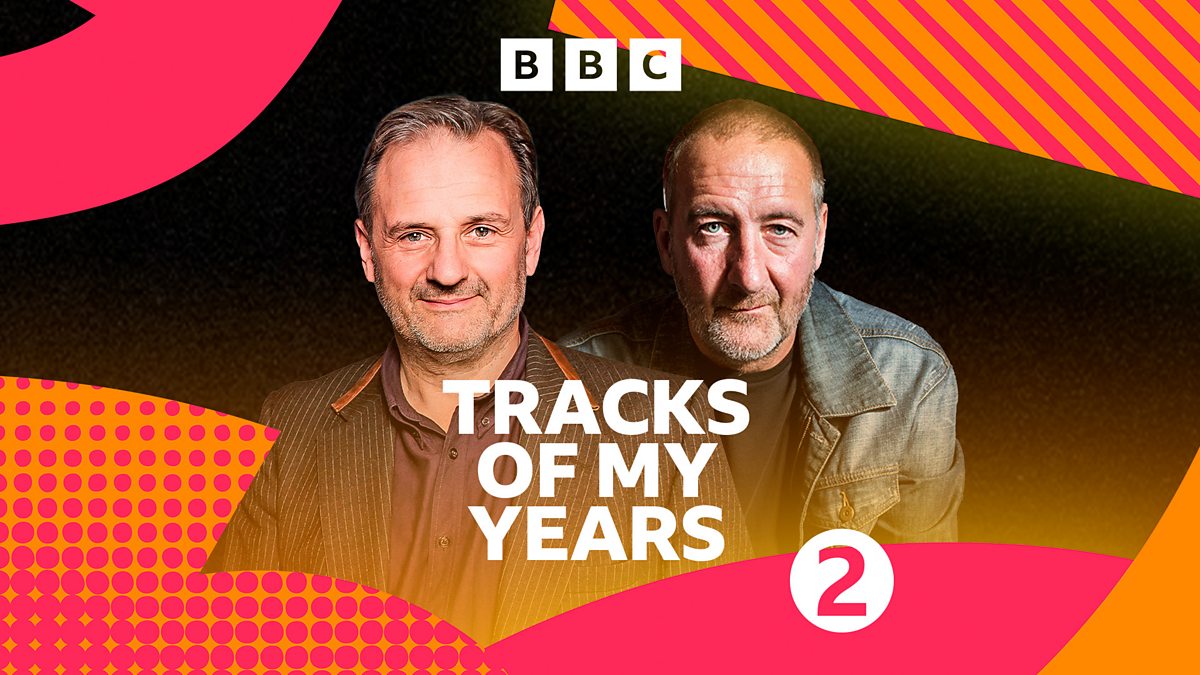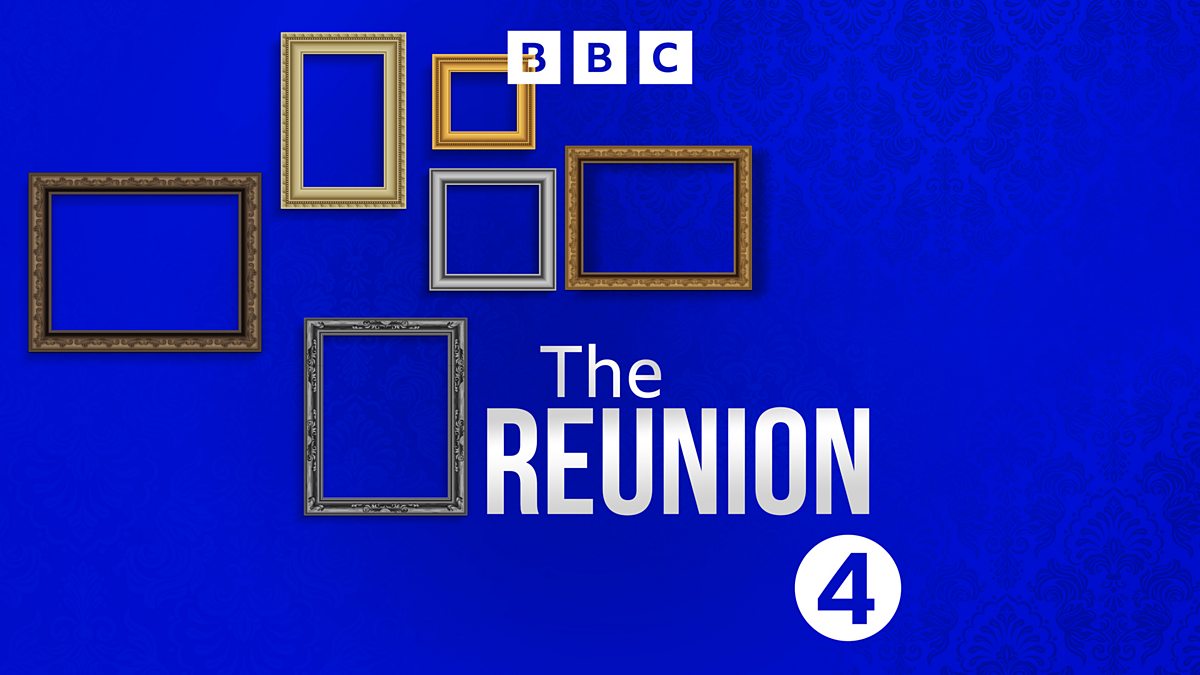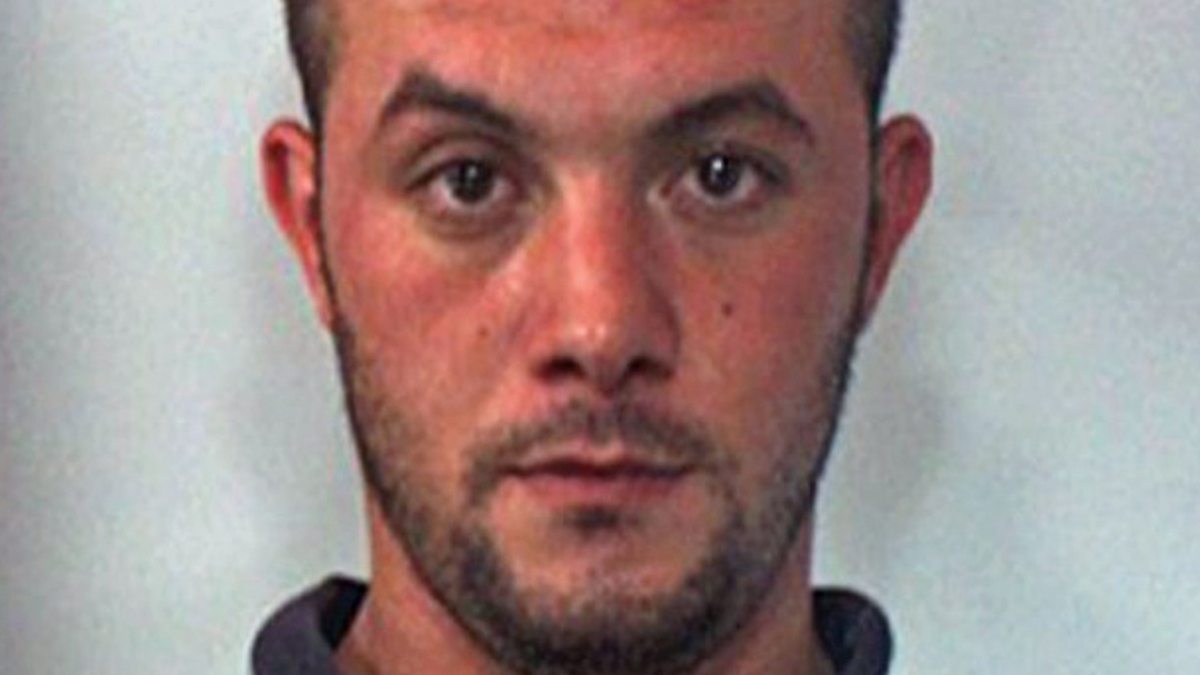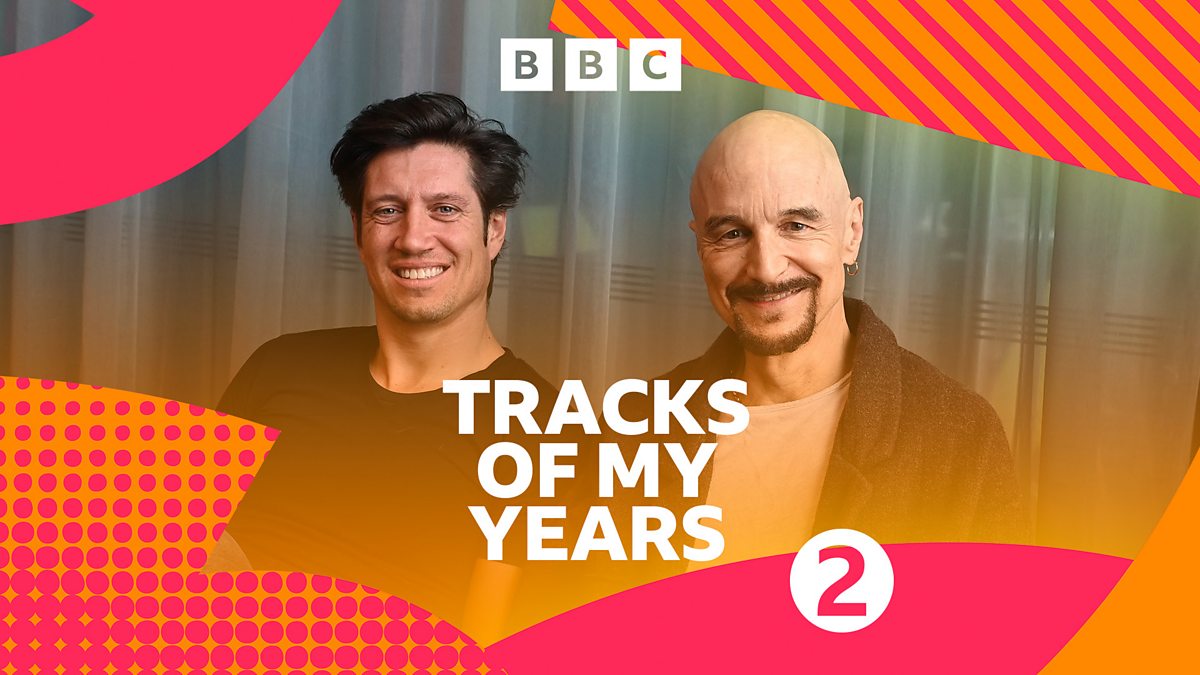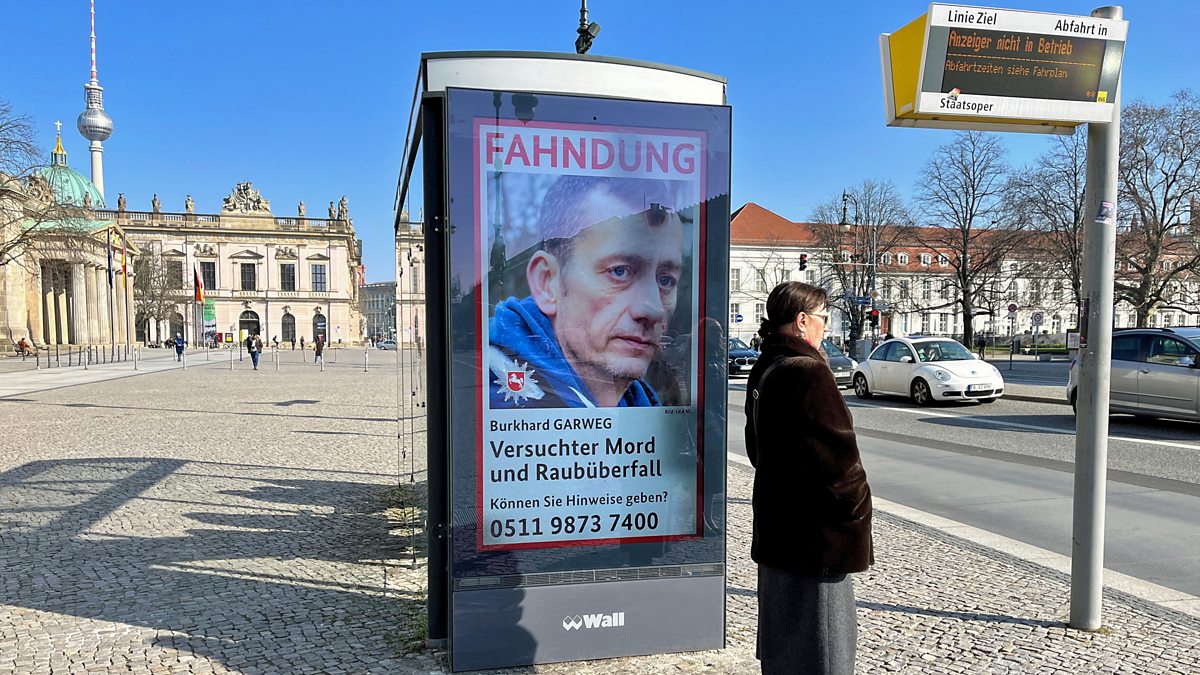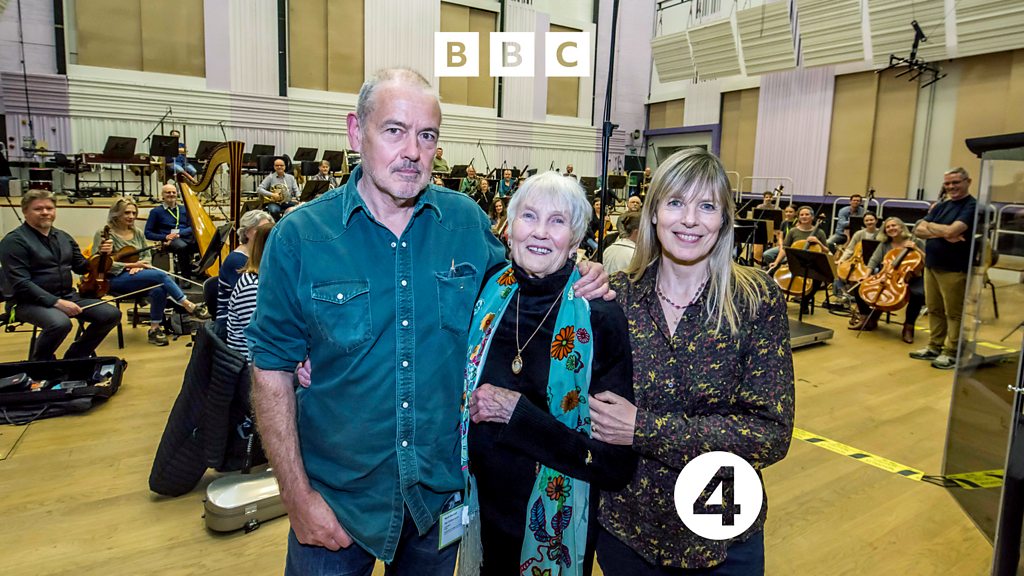You are using an out of date browser. It may not display this or other websites correctly.
You should upgrade or use an alternative browser.
You should upgrade or use an alternative browser.
Cool stuff on the radio
- Thread starter PinkFinal
- Start date
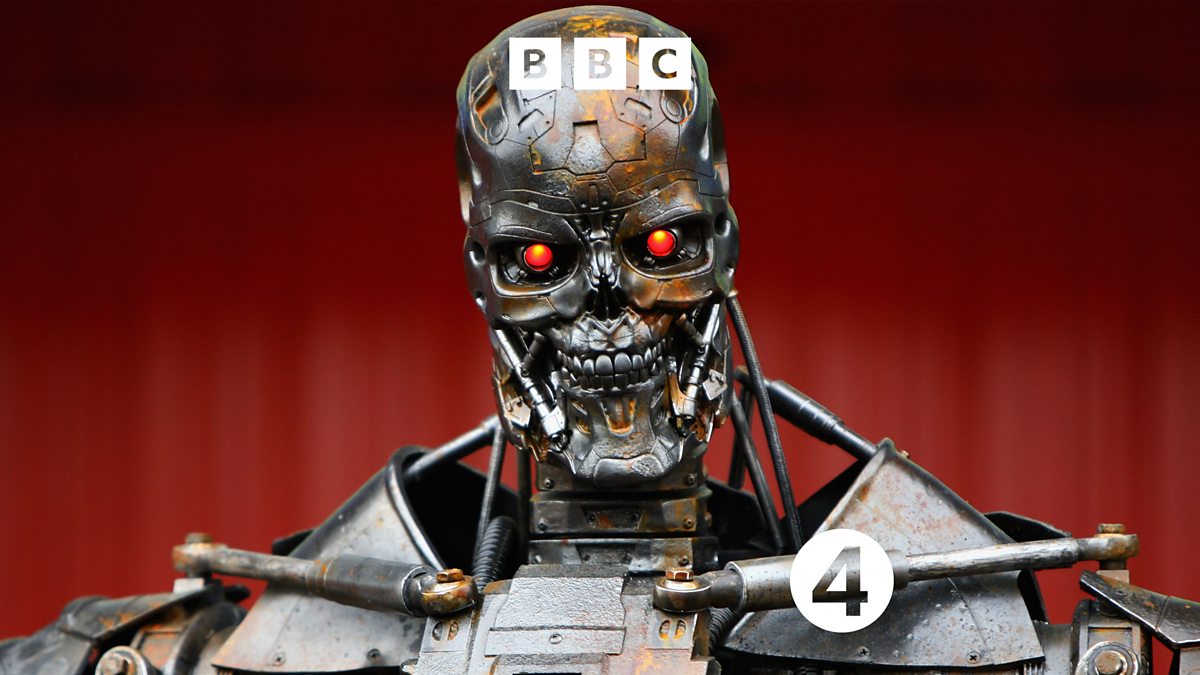
BBC Radio 4 - I'll Be Back: 40 Years of The Terminator
Beth Singler explores the creation and enduring vision of The Terminator's AI prophecy.
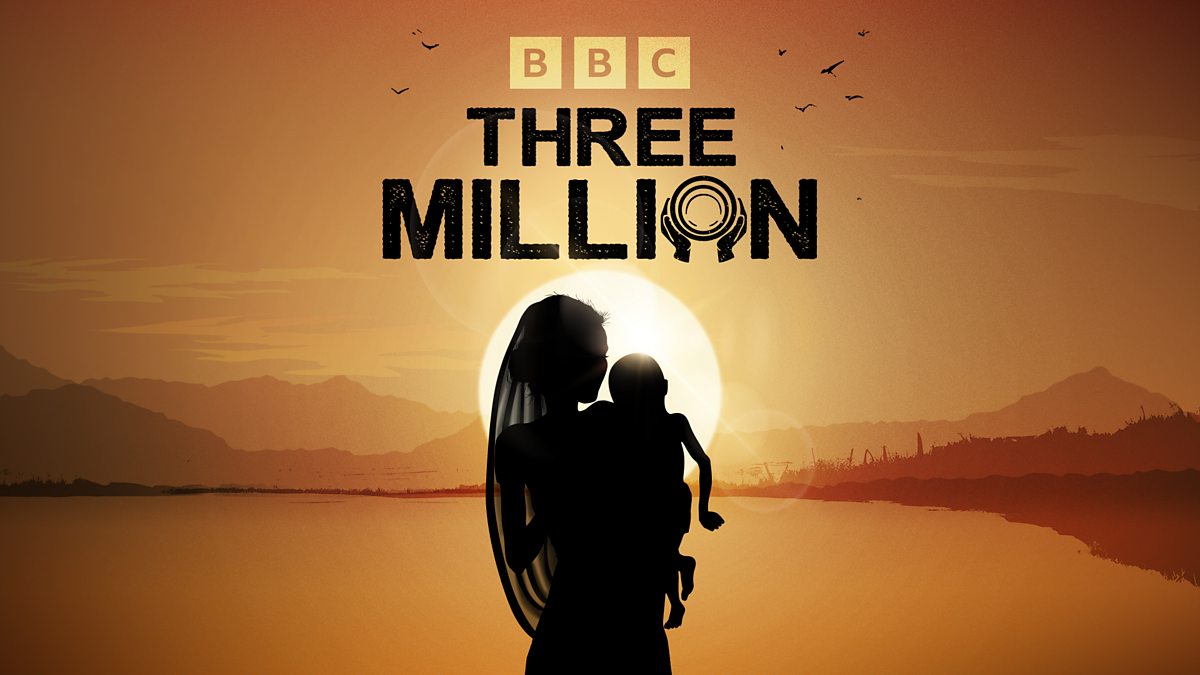
BBC World Service - The Documentary Podcast, Three Million: 1. War
The story of the Bengal Famine of 1943, where at least three million people died
The Lightbowne Cowboy
Well-Known Member
- Joined
- 17 Nov 2015
- Messages
- 6,761
- Team supported
- City
I'm not quite a fully fledged foc yet, but I do love the oldies. Boom radio 12pm on Sundays have 2 golden hours, usually one from 60s then usually one from the 70s(occasionally 2 from either decade). Now that Sweeneys stopped doing his 60s classics shows its where I get my oldies fix from these days.
chesterbells
Well-Known Member
- Joined
- 15 Apr 2010
- Messages
- 27,093
Here’s a radio treat to have a listen to later, esp if anyone needs cheering up post match :-)
roman totale
Well-Known Member
That was a good listen. Tantalizingly brief, but probably the better for it.
BBC Radio 4 - Split Ends, 3. The Fall
Singer Songwriter Kitty Perrin talks to Brix Smith about her time in The Fall.www.bbc.co.uk
I’m one of those who felt that Brix greatly enhanced the Gruppe and prevented them sliding into too much introspection. That said, her voice and mannerisms have never failed to get on my nerves.
staffsblue
Well-Known Member
Not a fan of Elbow but this was a good listen
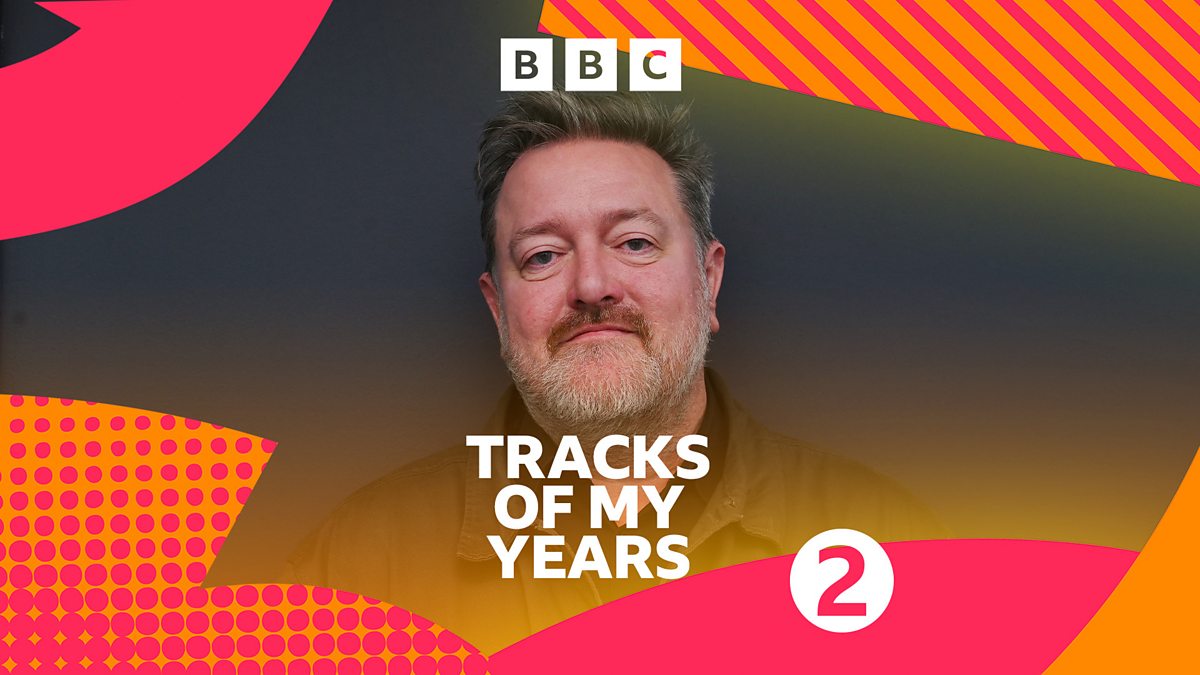
BBC Radio 2 - Tracks Of My Years, Elbow frontman - Guy Garvey
Elbow frontman Guy Garvey talks to Vernon Kay about his favourite records.www.bbc.co.uk
I love Guy more and more every time I hear him being interviewed. Sounds like the sort of bloke who it would be very entertaining going for a pint with.
roman totale
Well-Known Member
My old man was mates with his old man, so I knew him when he was a little kid, although I’m a handful of years older. My younger brother has run into him once or twice in the intervening decades and said he was still a very friendly and down to earth bloke, despite all the fame.I love Guy more and more every time I hear him being interviewed. Sounds like the sort of bloke who it would be very entertaining going for a pint with.
For decades, calculated gang warfare involving Turkish, Turkish Cypriot, and Kurdish heroin dealers has played out on the streets of north London, in the midst of dry cleaners, empty market stalls, and oddly abundant carpet shops. In this intimate documentary, we hear the careful accounts of women and young people on the edges of that world.
"It is a life-or-death situation to say the wrong thing."
Featuring creative direction and original poetry from Tice Cin, an award-winning interdisciplinary artist from Tottenham and Enfield.
"The best way to put it is if you look at the Turkish word ‘suskunluk’ ... It's the honour thing, you can't be bad-mouthing your own community."
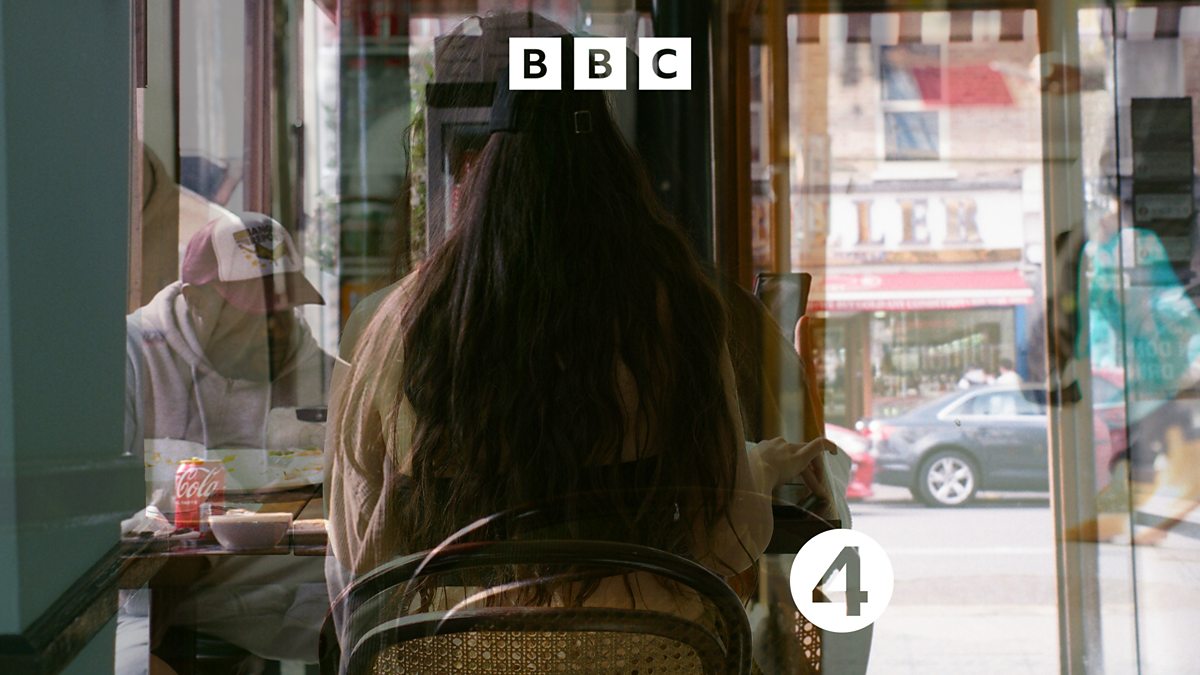
 www.bbc.co.uk
www.bbc.co.uk
"It is a life-or-death situation to say the wrong thing."
Featuring creative direction and original poetry from Tice Cin, an award-winning interdisciplinary artist from Tottenham and Enfield.
"The best way to put it is if you look at the Turkish word ‘suskunluk’ ... It's the honour thing, you can't be bad-mouthing your own community."

BBC Radio 4 - Seriously..., How Much Can You Say?
'The north London heroin trade is almost folklore at this stage.'

